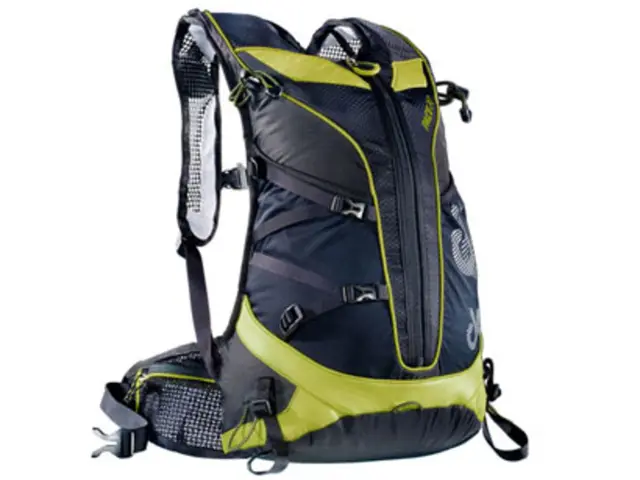Liberal Party leader Mark Carney will head a government in a minority capacity.
In the 2025 Canadian federal elections, the Liberal Party of Canada, led by Mark Carney, clinched a hard-fought victory, snatching the prime ministerial position despite not obtaining the 'strong mandate' he had desired. This triumph is largely believed to be a result of voter concerns about sovereignty and economic threats, possibly linked to international events such as U.S. President Donald Trump's policies, although specifics are yet to be fully explained.
Carney, who will now face Trump in the trade war, will exercise his functions in the House of Commons from Nepean, Ontario. In an impassioned speech, he expressed his eagerness to stand up for the defense of Canada and build a stronger nation.
The New Democratic Party (NDP), led by Jagmeet Singh, suffered a significant defeat, with Singh announcing his resignation as party leader as soon as an interim leader is named. His inability to retain his seat in Burnaby Central, coupled with the NDP winning only seven seats, signaled a tough night for the party.
At the time of writing, the Liberal Party of Canada (LPC) held a strong lead, winning or being ahead in 166 ridings. The Conservative Party of Canada (CPC) trailed behind, securing 146 seats, while the Bloc Québécois followed closely with 23 seats. The Green Party of Canada could only celebrate the election of its leader, Elizabeth May, in Saanich-Gulf Islands, British Columbia.
Regardless of party affiliation, no party managed to achieve a majority, which requires 172 seats. At present, the Liberals and Conservatives are neck-and-neck, with the LPC garnering 43% of the votes, while the CPC has amassed 41.7%.
Among the key victories, Yves-François Blanchet of the Bloc Québécois was re-elected in Beloeil-Chambly, while Rachel Bendayan reclaimed the Toronto-St. Paul's and LaSalle-Emard-Verdun ridings for the Liberals, formerly Conservative and Bloc Québécois strongholds, respectively.
The outcome of the elections also marked a third consecutive general election win for outgoing ministers Steven MacKinnon, Rachel Bendayan, and Élisabeth Brière, as well as the re-election of Steven Guilbeault, Chrystia Freeland, François-Philippe Champagne, and Melanie Joly in their respective ridings.
Meanwhile, races like Alexis Deschênes versus Diane Lebouthillier in Gaspésie-Les Îles-de-la-Madeleine-Listuguj, where the lead frequently changed, are worthy of close attention. it was ultimately Bloc Québécois candidate Alexis Deschênes who won the newly formed riding.
As the final results trickle in, the Liberal Party will continue to push forward with their economic and sovereignty-focused policies, while opposition parties reassess their strategies and work towards future elections. Nonetheless, further details on the exact performance and implications for each party will become clearer as more information surfaces in the coming days.
- The Liberal Party of Canada, led by Mark Carney, emphasized the protection of Canada's sovereignty and economic security in their policy-and-legislation platform, a response to concerns arising from international events like U.S. President Donald Trump's policies.
- A key component of the Liberal Party's policy-and-legislation platform also includes addressing war-and-conflicts, including potential implications for migration.
- The Liberal Party's priority to focus on economics and sovereignty may impact its approach to crime-and-justice and other general-news issues, such as car-accidents and fires.
- Though the Liberal Party has clinched the prime ministerial position, they have not obtained the "strong mandate" that Mark Carney had desired, potentially leading to voter fatigue in the future.
- Regardless of the outcome, the political landscape of Canada will be significantly altered, with the new prime minister, Mark Carney, needing to navigate the complexities of trade wars with leaders such as Donald Trump and work closely with members of Parliament in the House of Commons.
- Sports and sports-betting may take a back seat in Carney's agenda, as he focuses on more pressing issues like politics, economics, and security, although it's essential to strike a balance between addressing these concerns and encouraging leisure activities for the Canadian people.
- As the dust settles on the 2025 Canadian federal elections, opposition parties will be analyzing their performance and crafting new strategies for the future, ensuring they keep the voices of the Canadian people heard and addressed.
- Coming days will bring more clarity on the exact strength and implications of each party, allowing citizens and media to make informed opinions about how their votes influenced the course of Canada and its future.








